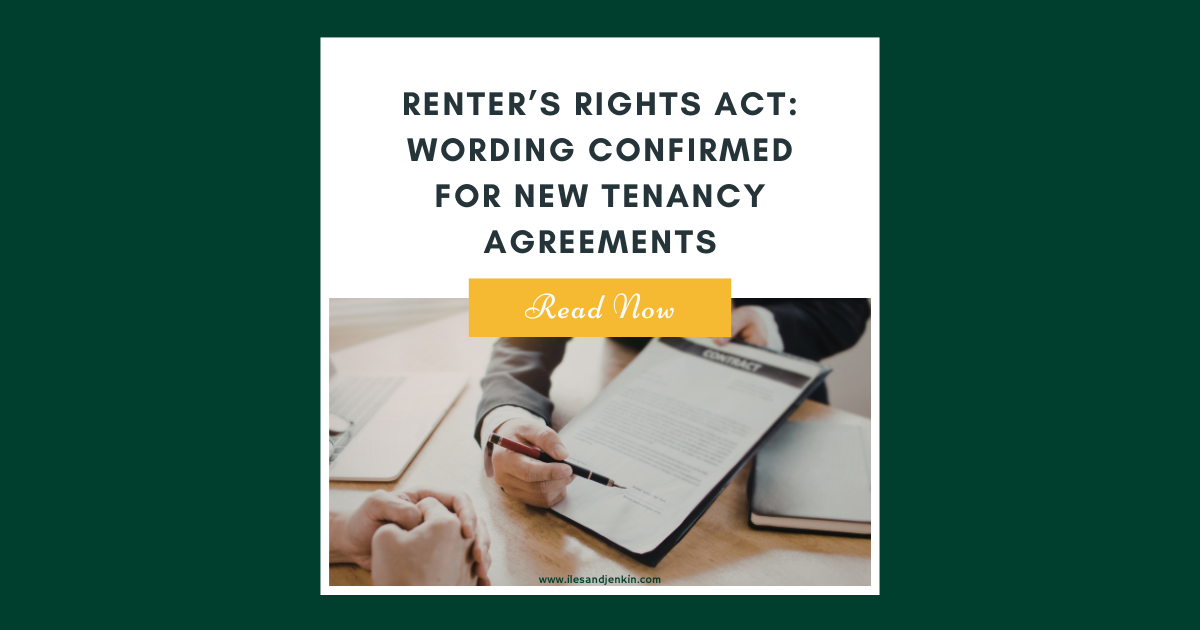What Should a Landlord Do if a Tenant Goes to Prison?
While rare, a tenant receiving a custodial sentence is a situation that every landlord should be prepared for. It can be stressful, confusing, and—if not handled correctly—can expose you to legal risks. So what are your rights and responsibilities? Can the tenancy be ended? And who pays the rent?
Below, we answer the key questions landlords need to consider—and explain how to handle the process lawfully and sensitively.
1. The Tenancy Does Not Automatically End
Even if a tenant has been sentenced to time in prison, their tenancy agreement remains legally valid. This means:
Rent is still due under the terms of the tenancy agreement
Landlords remain responsible for meeting legal obligations, such as carrying out repairs and maintenance
You cannot take possession of the property without following the correct legal procedure
⚠️ Important: Changing the locks or taking back the property without a court order could be classed as an unlawful eviction—a criminal offence that could lead to prosecution and significant fines.
2. Can the Tenant Surrender the Tenancy?
The simplest and quickest way to end the tenancy is by mutual agreement. If the tenant is willing (or able through a representative), you can proceed with a formal Deed of Surrender.
A tenant can voluntarily agree to end the tenancy early
If the tenant is unable to manage their affairs, they may appoint a legal representative or family member to act on their behalf
The Deed of Surrender should include:
The agreed end date of the tenancy
Any final responsibilities, such as unpaid rent or utility bills
This formal agreement protects both parties and ensures clarity. However, if the tenant does not respond or refuses to surrender the tenancy, landlords must proceed with legal possession steps.
3. How to Legally Regain Possession
If a surrender is not possible, landlords must follow one of the legal routes to regain possession. These include:
Serving a Section 21 notice (if eligible)
Issuing a Section 8 notice, typically under rent arrears or abandonment grounds
Applying for a possession order through the courts
Using court bailiffs to enforce eviction if the tenant does not leave voluntarily
It’s essential that each step is carried out properly to avoid delays—or legal challenges. We always recommend seeking professional legal advice before starting eviction proceedings.
💡 Note for our landlords: If you're on our Management Plus service, you'll have access to full legal support at no extra cost—including Rent & Legal Protection cover to ensure your income is safeguarded throughout the process.
Final Thoughts
Situations like this can be complex—but they don’t have to be overwhelming. With the right advice and a clear, lawful approach, landlords can resolve the issue efficiently while protecting their rights and income.
📞 For expert guidance on managing your property or dealing with challenging tenancy issues, call Iles and Jenkin on 01934 512537 or email lettings@ilesandjenkin.com. Our team is here to help—professionally, promptly, and with total peace of mind.



 By
By 
 posted by
posted by 


Share this with
Email
Facebook
Messenger
Twitter
Pinterest
LinkedIn
Copy this link